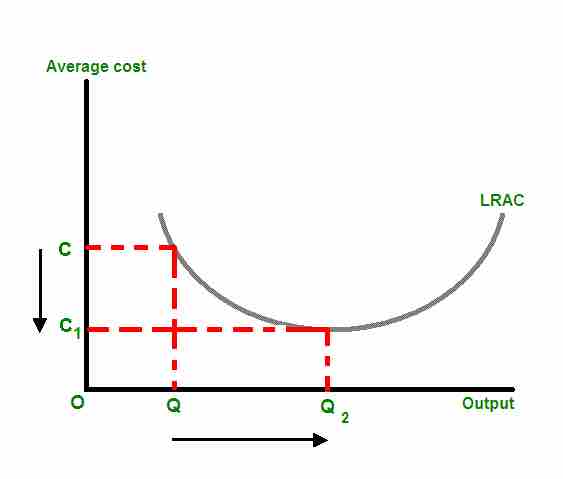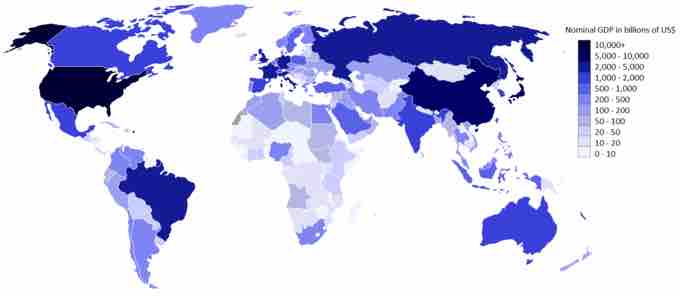Trade protectionism is defined as national policy restricting international economic trade to alter the balance between imports and goods manufactured domestically, usually executed via policies and governmental regulations such as import quotas, tariffs, taxes, anti-dumping legislation, and other limitations.
Arguments for Protecting Infant Industry
The primary purpose for this system is as the name implies: protection. Economic markets are inherently competitive, and newer economies are highly vulnerable to their more developed counterparts in other countries for a variety of reasons. The infant industry argument is that new industries need protection until they have become efficient enough to compete in the world market.
Despite the standard argument from mainstream economists postulating that free trade and open markets is the ideal system to allow for capitalistic development, there are many economists who believe that some degree of protectionism is the only way to minimize income gaps and substantial inequity from economy to economy (see ). The primary advantage to countries with higher economic power and bigger corporations is simply economies of scale and economies of scope, in addition to being further along the experience curve.

Economies of Scale
The basic premise behind economies of scale is that higher production quantity reduces cost per unit, ultimately allowing for the derivation of economic advantage in the market. Infant industries generally do not have the capacity to do this.

GDP by Country
This map demonstrates the vast difference in overall economic power across the globe, underlining the inequities that need to be addressed in economic policy formulation.
History has proven the value of protection for the countries employing tariff-based international trade policies. Alexander Hamilton first pointed out the inequities of developing economies with young industry in 1790, which was later picked up and developed by Daniel Raymond and Friedrich List in the 19th century. Around this time frame, the United States was employing heavy tariffs to protect their fragile economic system as the economy began to achieve autonomy after British rule. Indeed, Britain employed similarly protectionist policies during this time frame, setting the tone for large economic expansion in the longer term.
Criticism
Of course, protective policy while industry develops domestically is not a cure all. In Brazil in the 1980's there were heavy protective policies in place to defend Brazil's nascent computer industry from highly evolved competitors internationally. While this seemed practical, what ended up happening was quite damaging for Brazil. Technology advanced rapidly, and without strategic alliances on a global scale, Brazil largely missed out on these advances. This protectionism seems to have damaged industry prospects on a global level for Brazil in this scenario.
From a broader and more far-reaching perspective, protectionism as a general principle has been heavily criticized (even in infant industry situations). The reason for this is quite simply the significant jump in prosperity as international trade expanded, and the huge capacity for specialization, economies of scale, technology sharing, and a host of other advantages that have been a direct result of free global markets. The problem still remains, however, that this prosperity is often unregulated and of the greatest benefit to the influential players in established economies, sometimes at the expense of exploitation of developing nations (cheaper labor, reduced governmental oversight, etc.). As a result of this, protecting infant industries can benefit the nation employing them, but generally with the opportunity cost of global value.